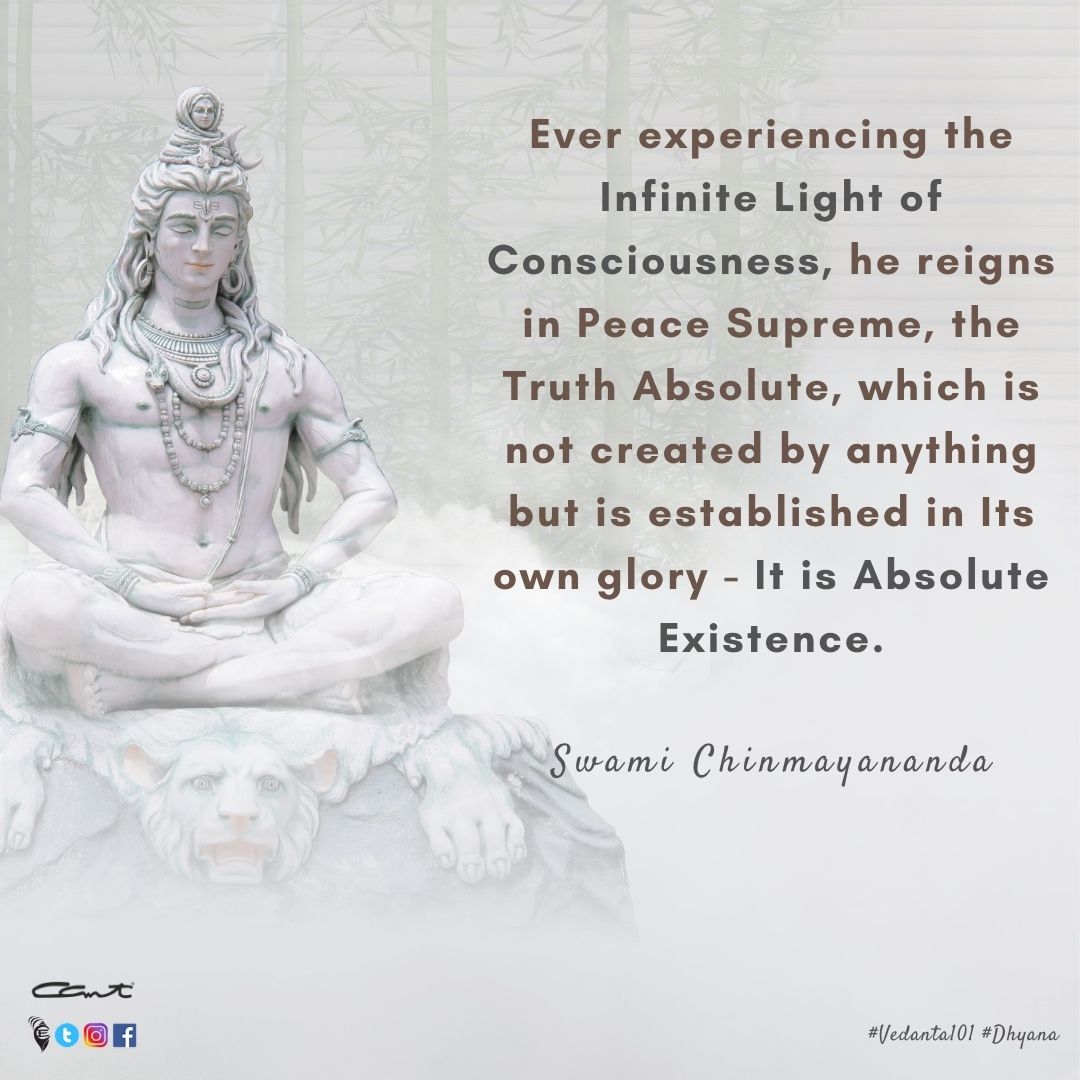The Teachings of the Bhagavadgita - 5.2.. Swami Krishnananda.
-------------------------------------------------------------
Monday, October 19, 2020. 07 : 07. AM.
Chapter 5: Life as a Yajna or Sacrifice - 2.
----------------------------------------------------------------
We, in our daily life, seem to be totally ignoring this fact; and by a complete violation of this principle, asserting our individuality, seem to be totally disconnected from everything else as if we have nothing to do with anybody else. We have various types of selfishness – attachment to one's own body is the grossest form of it, and it has subtler forms of egoism, such as psychological self-assertiveness. Attachment to anything that is connected to one's self also comes under the purview and the gamut of selfishness. Anything that would not accept the basic organic relations of one's self with what is external to one's self, should be considered as a form of selfishness, whatever be the height it has reached; it may be a national egoism, or even an international one, but it is nothing short of it. One cannot easily escape this predicament because of the perception of the world by the senses. The yajnas or the sacrifices mentioned here in the Bhagavadgita in the fourth chapter are, to some extent, gradational attempts on the part of the seeker to overcome selfishness and increase their dimension of one's self by attuning one's self to the larger Self, which is nothing but the establishment of an en rapport with a wider area of our relationship than the one to which we are limited at the present moment, due to our sensory outlook. Physically, psychologically, and even intellectually, we are somehow connected to other people and even the five elements, the tanmatras, the ahamkara, the mahat and the other things we have mentioned in the Samkhya cosmological scheme. So sacrifice, yajna, should therefore mean an inward transmutation of our consciousness in its apprehension of relationship with these layers or levels of cosmological descent and ascent; and there are, perhaps, as many types of sacrifice as we would recognise layers in the cosmological scheme. If we say there are infinite series, there can be infinite types of sacrifice. It depends upon our understanding of what the universe is and how the creation process has taken place.
---------------------------------------------------------------------------------------------------------
Again, I wish to bring to your memories our earlier studies concerning the structure of our personality and its connection with the outer world – namely, that internal to the body we have other types of apparatus like the sense organs, the pranas, the mind and the intellect, which have a tendency to affirm the physical individuality of the person, and affirm also all the attachments and aversions consequent upon this affirmation in respect of the outer world of persons and things. So, one kind of yajna or sacrifice would imply self-control, a restraining of the movement of the senses of the mind and the intellect, because an unrestrained set of senses, uncontrolled mind, and unsubdued intellect would mean a personality that is engulfed in a desire for spatial contact with persons and things outside, while really, persons and things are not outside. The reason for self-control arises because of the fact that the usual perceptions of the senses are erroneous perceptions, because the senses have no other work to do than to din into our minds the externality of the world, the outsideness of things, and the isolation of our self from other people. There is a continuous brainwashing process going on in our relationship to the senses; and we have no other relationship in the world, unfortunately. We are totally sense-ridden, and the world that we live in is a sense world. Our thinking process and our intellection also is conditioned by the knowledge provided to us by means of sense perception. There is a total misfortune descended upon us, as it were, considering the state of affairs in which we are now – socially, physically and psychologically. Socially we are in a misfortune because of a wrong understanding of our connection with other people, and psychologically so, because of our dependence, inwardly also, upon what we know by means of the senses, which is erroneous. So, self-control, which includes sense-control, is also mind-control, intellect-control, reason-control – the total control of one's own self. The control of one's self is the essence of yoga. Here a word of explanation may be necessary as to what is meant by control of one's self. What do we do with ourselves when we try to restrain our selves? For that we may need to know what we are.
To be continued ...
=============================================================






Comments
Post a Comment